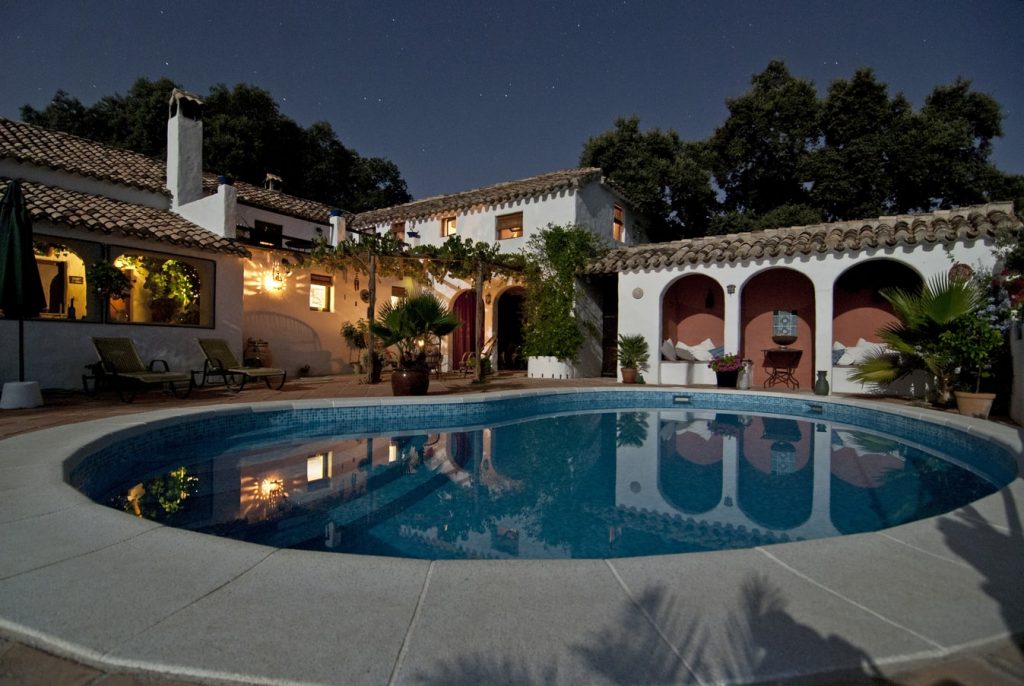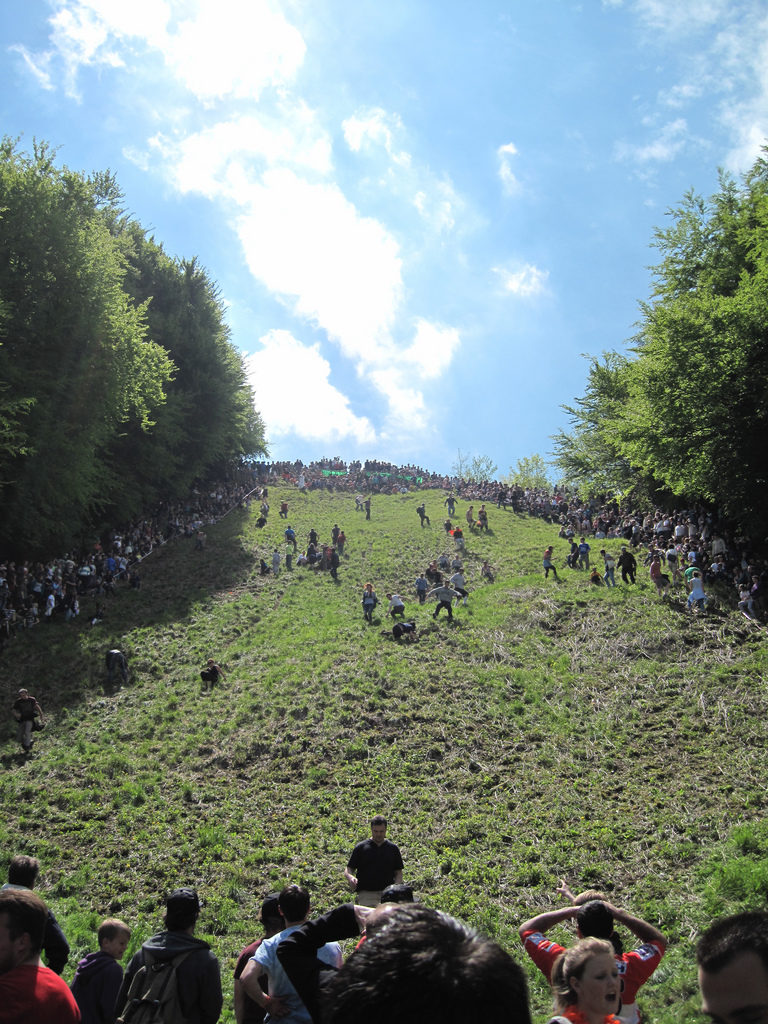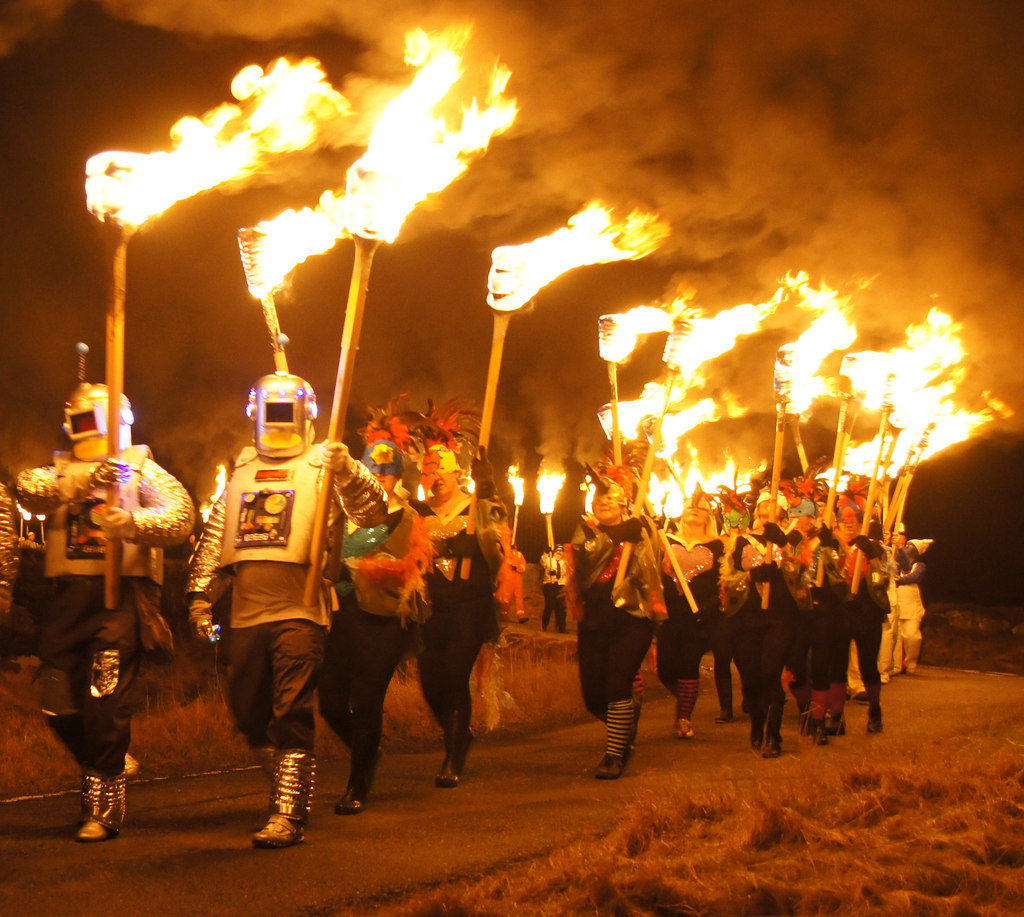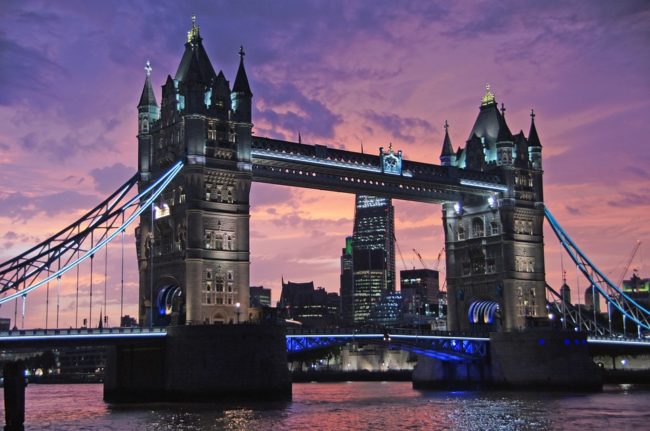While buying an already built home is a more straightforward option, building your own home has many advantages, mainly that you can design every aspect of the home from scratch leading to a finished project that has every room exactly as you want it.
It is also a popular choice for those who prefer to be away from the hustle and bustle of summer resort life. The basics of building your own home are you buy a parcela, which is Spanish for a plot of land, and hire an architect who will create plans to your specifications. Another option is to go with a standard design supplied by a builder.
However, it must be said the taking the route of building a home on the Costa Blanca is not a path for the timid. Spanish red tape and the often-bizarre business dealings can make building a home from scratch a nightmare. But having said that, there are many outstanding builders on the Costa Blanca who will build a uniquely designed house on your plot or will provide a plot and build a property selected from a choice of standard designs. Here, real estate and construction company Valuvillas, based in Javea on the North Costa Blanca offers an insight as to what to look into if you are considering designing your own perfect villa in Spain.
Infrastructure
When you are looking at a specific area, it is important to look into plans for infrastructure for the area, with both national and regional government departments. In certain parts of the Costa Blanca, roads and railways need upgrading, and there may be projects to do so underway. This could lead to a quiet rural plot ending up next to a main road or even an autopista.
When buying a plot, it is important to take the same precautions as if you were buying a property. Make sure it is approved for a building permit (if it is classed as a finca urbana it will most likely be approved for construction, but always check with the town hall first).
Make sure the plot is large enough for the type of property you want to build, as some areas require that there be a certain number of metres between the property wall and the perimeter of the plot. The minimum size plot for building varies from area to area, so again check with the townhall to make sure the plot size is correct relating to the property size you have in mind.
Spanish building regulations
It is normal to assume you can build a similar type of property as that on a neighbouring plot. However, this is not always the case as your plot may be subject to different regulations, or the regulations could have changed since your neighbour’s home was built. Also, consider that some plots are just not suitable for building on; it could be that they are too steep, or they would need ridiculously expensive foundations or retaining walls.
It is wise to talk with an architect before buying anything. A professional can inform you if the plot you are considering is fit for construction, and estimate the costs related to foundations and retaining walls.
Furthermore, it is also prudent to pay for a land survey which although is fairly expensive (expect to pay anywhere from €1800-€4200) but a survey will verify the boundaries and rights to water usage. It will also confirm that there are not any limitations with regards to electricity lines, water pipes, or public right of way that could affect your building plans.
Access
If they only access to a property is a non-tarred dirt track, be very aware that on the Costa Blanca rainfall can be torrential – particularly in winter. In just a few hours, tracks can change from accessible pathways into treacherous mud banks, with huge cracks or could even be washed away entirely, meaning the only way to get to your house is by foot or on two wheels.
Legalities
Before you sign anything concerning buying a plot, particularly if you are looking at rural areas, it really is advisable to hire a professional such as a lawyer who will carefully look into the regulations and conditions that may affect the land.
Do not believe everything the landowner or even an estate agent tells you, because they will be keen to sell the plot and declare that getting planning permission is straightforward when in fact the opposite is true.
Being the new owner of a plot of land that you cannot build on is no fun, and a very expensive mistake, so ask your lawyer to get written confirmation from the town hall that corresponds to your land stating the land can be built on and is approved for road access.
Guaranteeing a building licence in Spain
Before you buy a plot of land you intend to build on, you need to make sure that the purchase contract depends on being granted the necessary licencia de obras (building license). You can check with the local property registry and confirm for yourself that planning permission has been granted. Do not leave this task with the builder, because if the planning information is incorrect in any way, it could lead to you being responsible for improving the nearby infrastructure, or the property could even be demolished. Also, be aware that planning permission can take some time to be granted.
You will find building firms on the Costa Blanca offering packages that include a plot and the cost of constructing a property. This may not turn out to be such a good deal as it originally looks, so shop around and find out how much it would cost to buy a plot separately and then hire a builder. If you do opt for a package construction deal, make sure you get separate contracts for the building and for the purchase of the land, and before signing the building contract obtain the title deeds. If building on an existing urbanisation, make sure the urbanization is approved as there are still some on the cost of Blanca that are illegal.
Costs
The cost of a plot depends largely on the area and also if it is level. You can expect to pay between €50 and €400 m². As a rule of the thumb, the cost of the land usually equates around 50% of the cost of building the home, but having said this is still possible to buy a plot and build a better and larger property at a lower cost than that of a second-hand resale property. And remember when you design your own home you can make sure the materials and the labour you are top-quality.
As a ballpark figure, expect to pay around €700-€1500 per square meter depending on the quality of the materials and the area you choose. It is always a good idea to add around 10 to 15% to your original estimated costs, as frequently building your own home turns out to be more expensive than initially expected.
Extras
If you would ideally like a swimming pool or garage, it is a good idea to build it at the same time as the house if possible, because if built separately the applicable IVA is 16% compared to 7% when built together.
Finding a Costa Blanca architect & builder
When looking for professionals to help you obtain your dream home it is advisable to get suggestions from local people whose opinion you can trust. Note, that estate agents or other professionals are not always to be relied upon, as they may earn a commission. You can obtain useful information from expats who have lived long-term in an area that you particularly like.
Many Spanish architects on the Costa Blanca speak English and you will find architects from other EU countries such as Holland and Germany working in resort areas. Architects’ payments are typically assessed as a percentage of the total cost of the build, normally between 5 and 10 per cent, which unfortunately does not inspire them to reduce costs. In Spain, however, there are no longer compulsory minimum fees for architects, so it is worth trying to reach a deal.
A good architect will know of dependable builders, but also do your own enquiries, considering the reputation and financial status of the builder. Be careful of an architect who comes with his ‘own’ builder (or vice versa, a constructor with his own architect), as it is up to the architect to make sure the constructor carries out the job according to plan, so you don’t want them to be too friendly.
Before hiring anyone, always check out other houses the builder has worked on, if possible, ask the owners if they had any issues. Building standards in Spain differ significantly and you should not presume the lowest offer you get is the best value. Your best protection when constructing a property is the character of the builder and his financial resources.
It is important a builder provides a ‘termination’ guarantee which is supported by a bank or insurance company to protect you if he goes bust before completing the work, This must be stipulated in the contract.
If you want a home built precisely to your requirements, you must expect to supervise every step or employ a professional to do it for you, otherwise it has highly likely your directions won’t be exactly followed.
Around 70 per cent of an architect’s fees are due when building commences, and the balance payable upon completion when all applicable certificates have been issued by the town hall.
Contracts
Before signing any contracts, you need to get several written quotes from a number of building companies. Make sure the contract includes insulation against heat and cold and also protection against dampness. The contract should include a comprehensive description of the quality of materials to be used referring to your architect’s plans, the precise location of where the building will be developed within the plot, and the building and payment schedules which should be done in stages. It ideally should also include a penalty in the event of late completion, a retention of 5 to 10% of building costs to guarantee against faults, and details of how any disagreements will be resolved. However, it could be difficult for the builder to accept a late completion penalty clause as construction work is very rarely finished on time.
As the owner, you will be liable for a tax on the construction installation and work, which is imposed on any work which requires a municipal license. This ranges from 2 to 4% of the total cost and you will probably be asked to pay it when the local authorities deliver the building permit.
Before you accept an estimate have it checked by a building consultant to make sure it is a fair quote. The quote should include 7% IVA. Make sure if the estimate is simply an estimate or a fixed price because costs can rise considerably during building work. It is especially important you get a lawyer to check the contract, as typically building contracts are prejudiced to favour the builder with very few rights for the client.
Guarantees
Under Spanish law, a builder is required to guarantee the property against structural problems for 10 years, known is Spanish as the Seguro Decenal. This increases to 15 years if the constructor failed to conform to any specific clauses in the contract. The architect will also be responsible for up to 10 years for flaws due to inadequate supervision, incorrect instructions, or issues due to weak foundations such as subsidence.
Be aware that if you do encounter any problems, you will require a lot of patience and persistence before they will be resolved. When the building is completed, make sure it is checked by a structural surveyor for any faults and that a report is made which determines who is responsible.





